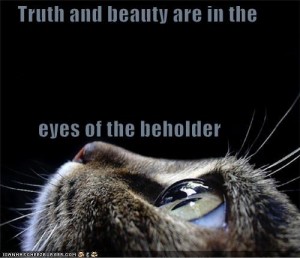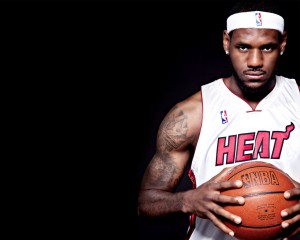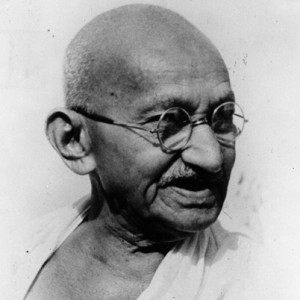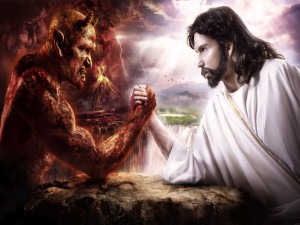Roy Baumeister, an eminent professor of psychology at Florida State University, has spent much of his professional life studying the causes of evil. Last year he published an article in which he lamented a problem with approaching evil from a scientific standpoint: “Social scientists are not supposed to let their values cloud their judgment, because doing so can impede the impartial search for truth,” he said. Yet when scientists remain impartial about evil, they are often criticized for seeming to condone it.
Scientists who study evil attempt to understand perpetrators’ motives and attitudes, and while doing so, scientists may begin viewing evil actions as less atrocious than how others judge them. After all, those who commit evil do not regard their actions as evil. And so understanding an evil-doer’s mindset may diminish (even slightly) the scientist’s beliefs about the evilness of the perpetrator’s actions. According to Baumeister, scientists who study evil “carry the moral risk of mitigating their condemnation of some of the worst things that human beings do.”
Baumeister concludes that “if we as social scientists restrict our focus to actions that everyone, including the perpetrator, agrees are evil, we will have almost nothing to study.  It is therefore necessary to define evil as in the eye of the beholder.” In short, evil must be defined in a way that is “not strongly tethered to objective reality.”
It is therefore necessary to define evil as in the eye of the beholder.” In short, evil must be defined in a way that is “not strongly tethered to objective reality.”
In my studies of heroism, I’ve encountered a similar issue. There isn’t as much consensus about what defines a hero as one would think. Most people agree that heroes perform great actions, but one observer’s idea of a great action may be very different from that of another observer. Just as evil-doers dismiss the idea that they are evil-doers, heroes themselves often dismiss the idea that they are heroes. As such, my co-author George Goethals and I have adopted a view of heroism that is identical to that of Baumeister’s definition of evil: It’s in the eye of the beholder.
This definition is very unsatisfying to people who claim to know the objective definition of heroism. Goethals and I have asked hundreds of people to list their heroes and our position is that it’s not our place, as social scientists, to judge people as “wrong”. If tennis players report that tennis great Roger Federer is their hero, we are not going to tell them they are mistaken. If aspiring actresses list Meryl Streep as their hero, we will report it without condemning their judgment. Our goal is to try to understand their reasoning behind their choices.
Can I, or should I, instruct my daughter about what a hero is from my own personal perspective? Yes. In my role as a father, I should probably share my values about heroic action with my child.  But as a social scientist, I just report the results of our surveys and try to make sense of them. In doing so, I know I open myself up for criticism.
But as a social scientist, I just report the results of our surveys and try to make sense of them. In doing so, I know I open myself up for criticism.
I may believe that athletic prowess is not especially heroic, but that won’t stop me from reporting what people say when asked who their heroes are. Goethals and I believe that people’s beliefs about heroes, however misguided they may or may not be, are worth studying from a scientific perspective.
People have very different ideas about who society’s heroes are. My goal isn’t to support or refute their choices, but merely to explain them. People believe their heroes are either highly moral, highly competent, or both.  Some people believe that heroism requires a lifetime of self-sacrifice; others believe that one self-sacrificing action is sufficient for heroism. Opinions vary widely. But we have found some common patterns. For example, people tend to believe that heroes possess many or all of The Great Eight traits of heroes: smart, strong, caring, reliable, resilient, selfless, charismatic, and inspiring.
Some people believe that heroism requires a lifetime of self-sacrifice; others believe that one self-sacrificing action is sufficient for heroism. Opinions vary widely. But we have found some common patterns. For example, people tend to believe that heroes possess many or all of The Great Eight traits of heroes: smart, strong, caring, reliable, resilient, selfless, charismatic, and inspiring.
Here’s some encouraging news for people who don’t like many of the individuals that people list as their heroes: Goethals and I have found that as people get older, they become more discriminating in their choice of heroes. People tend to outgrow celebrity and sports heroes who only show signs of competence but not much morality. In our 2012 article and in our Heroic Leadership book, we call heroes whom we outgrow transitional heroes. We’ve found that as people get older, they are less likely to list LeBron James, Roger Federer, or Meryl Streep as heroes. They are more likely to list Gandhi, Martin Luther King, Jr., or Wesley Autrey, the New York subway hero who threw himself on the train tracks to save the life of a complete stranger.
As a social scientist who should remain objective about my reporting of heroes, I shouldn’t express my opinion about the natural maturation process leading people to place greater weight on morality than on competence when choosing heroes. But I can’t resist saying I’m glad to hear it.
– – – – – – – – – – – – – – – – –
